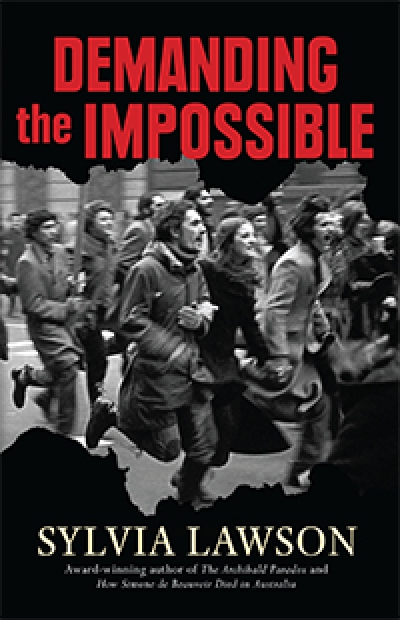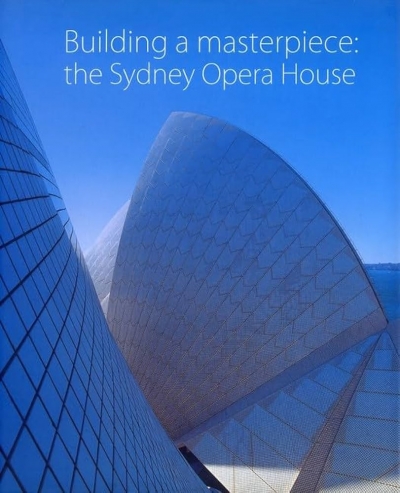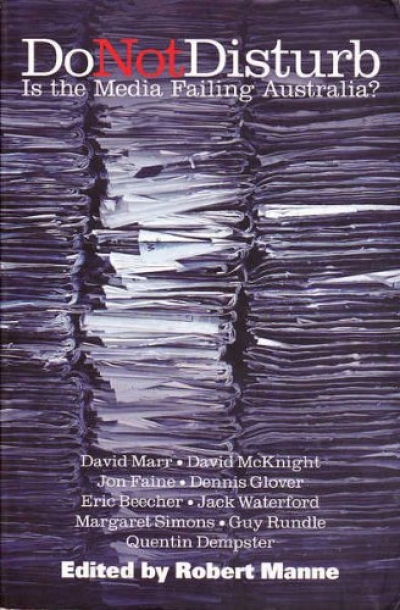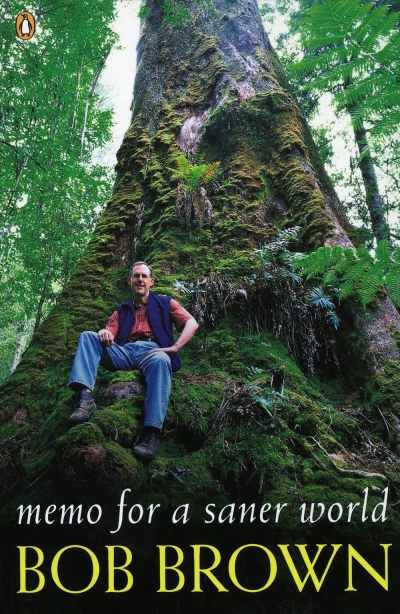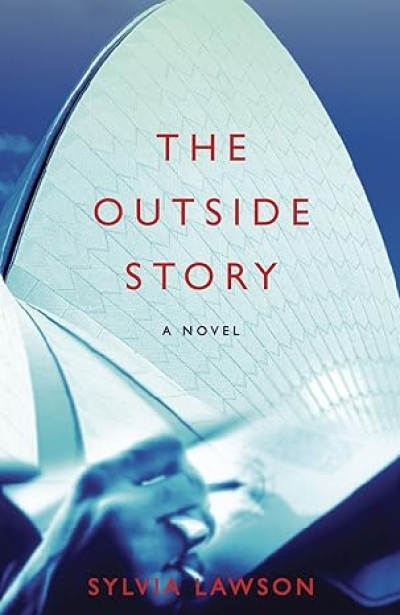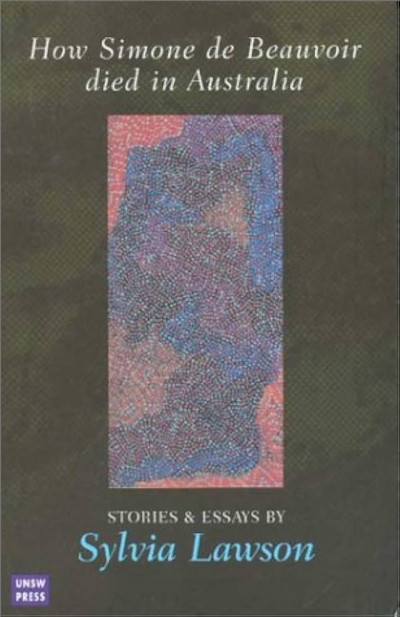Sylvia Lawson
Demanding the Impossible: Seven Essays on Resistance by Sylvia Lawson
by Judith Armstrong •
Building a Masterpiece: The Sydney Opera House edited by Anne Watson
by Sylvia Lawson •
Do Not Disturb: Is the media failing Australia? edited by Robert Manne
by Sylvia Lawson •
To celebrate the best books of 2004 Australian Book Review invited contributors to nominate their favourite titles. Contributors included Dennis Altman, Brenda Niall, Kerryn Goldsworthy, Morag Fraser and Chris Wallace-Crabbe.
... (read more)How Simone de Beauvoir Died in Australia: Stories and essays by Sylvia Lawson
by Heather Neilson •
Australians: A historical library edited by Alan Gilbert and K.S. Inglis
by Sylvia Lawson •

